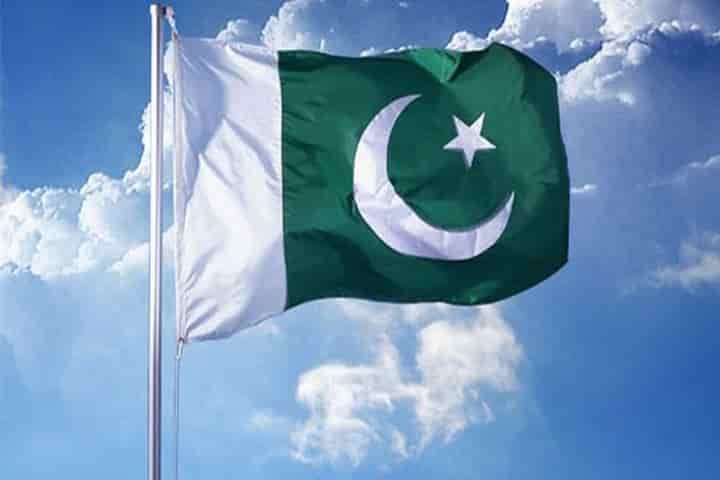

Unrest in Pakistan growing with price hike
Barely a day after Pakistan’s interim Finance Minister Shamshad Akhtar claimed that the economy in the cash starved nation was showing signs of improvement, the massive hike in fuel prices—petrol and diesel — has come as a shocker to citizens as well as the business community.
Discontent and hopelessness among citizens are steadily rising amid uncertainty. Massive protests have broken out at several places in Pakistan.
In August, the annual inflation rate in Pakistan came down to 27.4 per cent — the lowest since January. In July it was 28.3 per cent. But with a steady increase in fuel price, inflation is bound to go up in the coming months. Policymakers including the central bank will have to take steps to ensure that the situation does not go out of hand.
The Express Tribune noted that Jamaat-e-Islami (JI) leader Sirajul Haq, who expressed disdain for the government’s decision, called for protests across the four provinces.
Pakistan Bar Council (PBC) in a statement released yesterday, said the interim government has blindly increased fuel prices by “honouring dictation of the International Monetary Fund (IMF)”. The country’s poor will be the worse impacted.
While the State Bank of Pakistan, the country’s central bank left policy rates unchanged, it may now have to review its decisions after the massive unexpected hike in fuel prices.
The State Bank Pakistan left the policy rates unchanged at 22 per cent in its latest announcement last week as inflation may start rising again after the fuel price hike.
A large section of policymakers feel that Pakistan, which is looking for deeper discounts from Russia, needs to revive its oil import deal with Russia.
Islamabad suspended import of crude from Russia after receiving two consignments. Though Pakistan said that quality of Russian crude was an issue, the country’s refineries were “not accustomed to refining the hard Russian crude oil,” the Interpreter said.
The hike in fuel prices will push inflation. Food prices are expected to further rise and several business houses may be forced to shut down. Many businesses have already had to close down to the steep rise in costs.
Under the caretaker government, which took over last month, fuel prices have gone up by more than Rs 58 a litre for petrol and Rs 55.83 for high-speed diesel. Several businesses now face closure.
After yesterday’s increase, of (Pakistani) Rs 26.02 per litre for petrol and (P) Rs 17.34 per litre for HSD, the overall hike of fuel prices stood at 20 per cent in just a month.
Also read: Will Pakistan ditch IMF recipes as social tensions spiral?
Highlighting the use of indigenous platforms during Operation Sindoor, Chief of Defence Staff (CDS) General…
Congress MP Shashi Tharoor on Friday (local time) said that Colombia will issue a statement…
Minister for Electronics and Information Technology Ashwini Vaishnaw said on Friday that the government is…
Renowned human rights activist and political analyst Amjad Ayub Mirza has expressed a strong denunciation…
As was widely expected, the Indian economy grew by 6.5 per cent in real terms…
World No Tobacco Day, marked annually on 31 May, addresses a major public health challenge--the…